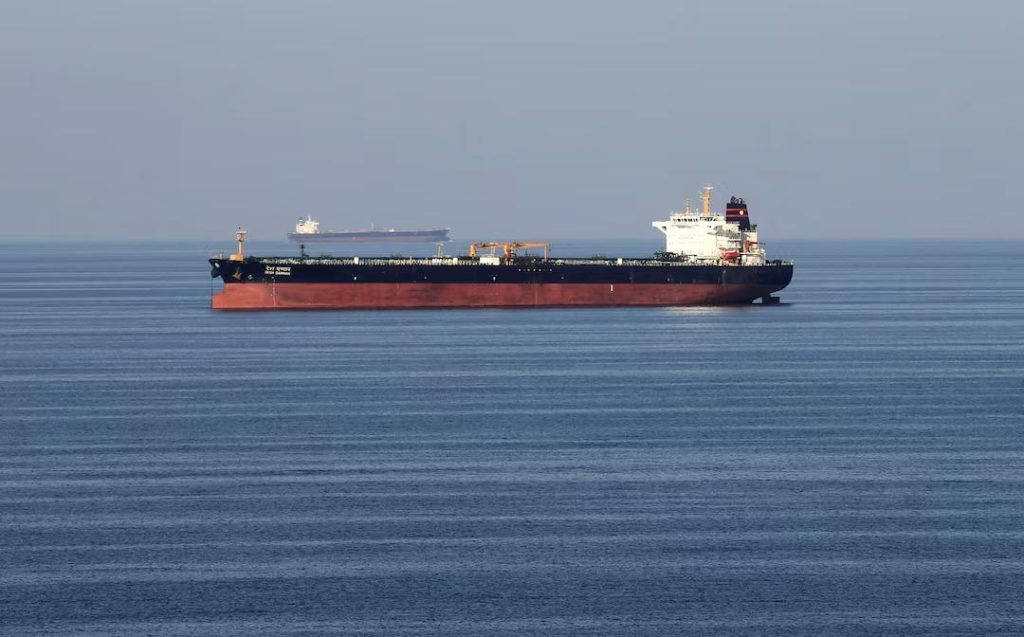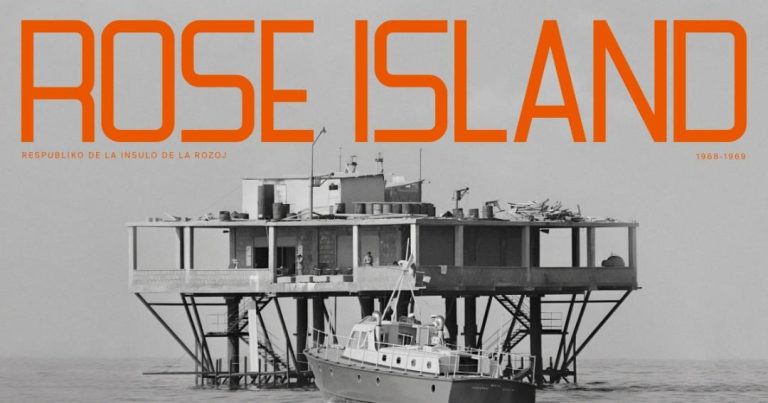
Iran Must Approve Vessels Transiting Strait of Hormuz: Ex-Minister
The Strait of Hormuz, a vital waterway connecting the Persian Gulf to the Gulf of Oman, has been a point of contention in recent years. As the world’s largest oil producer and exporter, Iran has been vocal about its desire to exert greater control over the strait, which facilitates the transportation of a significant portion of the world’s crude oil.
In a recent statement, Iran’s former Economy Minister, Ehsan Khandouzi, called for Iran to approve vessels transiting the Strait of Hormuz. According to Khandouzi, vessels should only be allowed to pass through the strait with Iranian permission. This policy, he emphasized, should be enforced for a period of 100 days.
“Delay in carrying it out means prolonging war,” Khandouzi warned, underscoring the gravity of the situation. His statement comes at a time when tensions in the region are running high, particularly following the recent conflict between Iran and Israel.
The Strait of Hormuz is a critical chokepoint in global energy trade, with over 20% of the world’s crude oil passing through it every day. The waterway is approximately 21 miles (34 kilometers) wide, making it a narrow and vulnerable target for any potential disruptions.
Iran’s demands for control over the Strait of Hormuz have been met with skepticism and concern by several nations, including the United States and European Union states. While Iran does not exclusively control the strait, it has been accused of using its military might to intimidate and harass vessels passing through the area.
Iran’s threats to close the Strait of Hormuz, which it has made on several occasions in the past, have the potential to send shockwaves through the global economy. A shutdown of the strait would not only disrupt oil supplies but also impact global trade and commerce.
Khandouzi’s call for Iranian control over the Strait of Hormuz is not a new development. Iran has been pushing for greater control over the waterway for several years, citing concerns about the security and stability of the region.
In 2019, Iran’s Revolutionary Guard Corps (IRGC) seized a British-flagged oil tanker, the Stena Impero, and detained its crew. The move was seen as a retaliatory measure following the detention of an Iranian oil tanker by British authorities.
Since then, tensions have continued to escalate, with Iran and the United States engaging in a series of confrontations in the region. The conflict between Iran and Israel has only added to the sense of unease and uncertainty in the region.
Khandouzi’s proposal for Iranian control over the Strait of Hormuz has been met with mixed reactions. While some have praised his call for greater transparency and security in the region, others have expressed concerns about the potential implications for global trade and commerce.
In an era of increasing global interdependence, the Strait of Hormuz remains a critical artery for the transportation of goods and services. Any disruptions to the flow of trade through the strait could have far-reaching consequences for the global economy.
As the world watches with bated breath, the situation in the Strait of Hormuz remains volatile and uncertain. While Khandouzi’s call for Iranian control over the strait may be seen as a bold move, it remains to be seen whether his proposal will be taken seriously by Iran’s leaders or whether it will simply be seen as another empty threat in a region prone to brinksmanship.
Sources:






